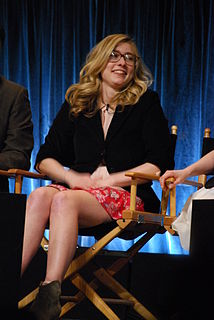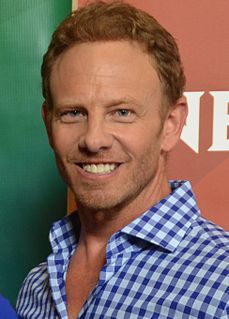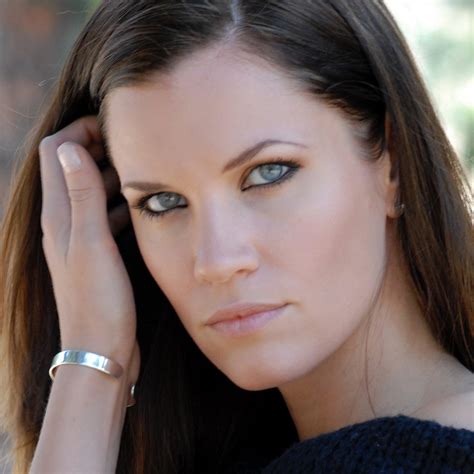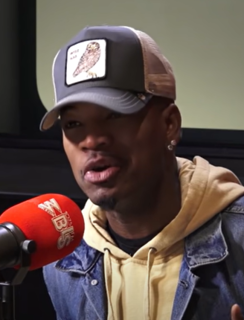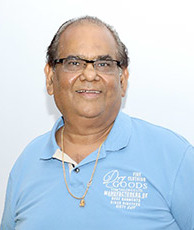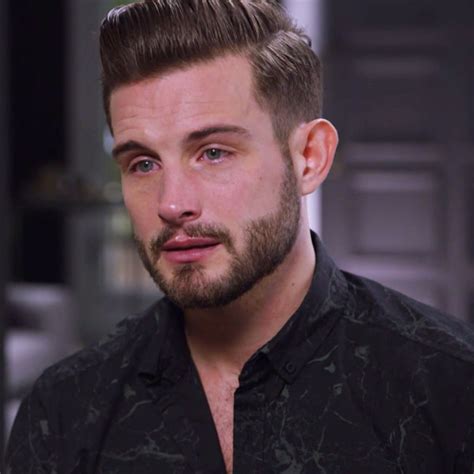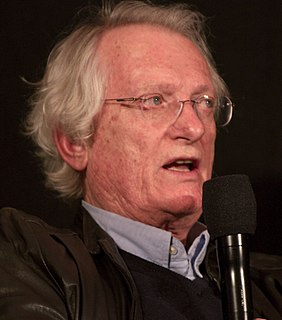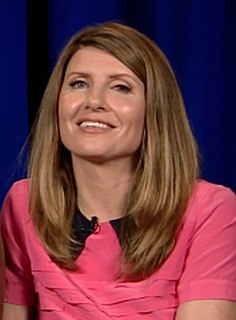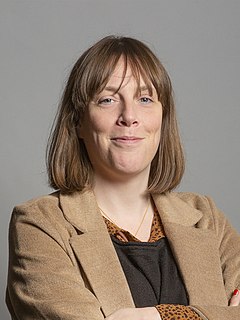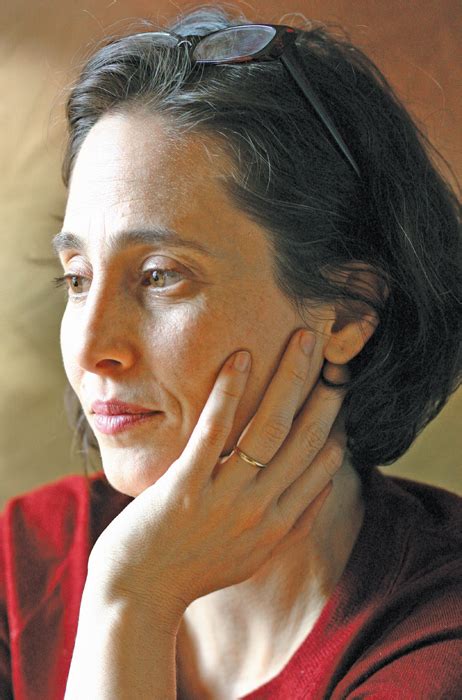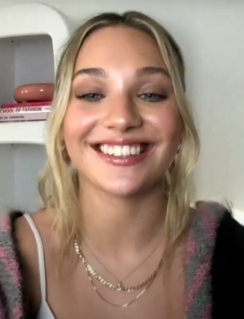Top 1200 Film Writing Quotes & Sayings - Page 7
Explore popular Film Writing quotes.
Last updated on December 20, 2024.
I haven’t had trouble with writer’s block. I think it’s because my process involves writing very badly. My first drafts are filled with lurching, clichéd writing, outright flailing around. Writing that doesn’t have a good voice or any voice. But then there will be good moments. It seems writer’s block is often a dislike of writing badly and waiting for writing better to happen.
I have songs that define characters from each film of mine. It can be a song from that particular film or something that just goes with the wavelength of the film; you listen to it, and it gives you that rhythm. I can't articulate how it helps, but it somehow gives you an understanding of the character.
Write all the time. I believe in writing every day, at least a thousand words a day. We have a strange idea about writing: that it can be done, and done well, without a great deal of effort. Dancers practice every day, musicians practice every day, even when they are at the peak of their careers – especially then. Somehow, we don’t take writing as seriously. But writing – writing wonderfully – takes just as much dedication.
I'm ready for all forms of dialogue about the film The Conquest. There will be a lot of political talk, but I don't think the film itself will be scandalous. For the French, there are so many emotions relating to Sarkozy and politicians in general that I think the film will generate a lot of passion, whether it be negative or positive. Above all, it's a fictional film. It was important not to make a documentary and to really pay attention to the images. From the choice of the actors to the mise en scene, the film is completely cinematographic. It's not just a boring political movie.
It used to annoy and frustrate me to have to come in and audition. I would say to my agents, 'Haven't they seen this film and this film and this film? They know what I look like... They must.' Until I directed an episode of 'Roswell.' And all of a sudden, I realized why that was such an important thing.
In any film business, if you're trying to get your next film made, you would never say, 'Oh, my last film was a cult film.' I'd say, 'Oh, great, well I hope this one isn't!' I always say to Johnny Knoxville, 'How do you do it? You sort of do the same thing we did, except you made millions, and I made hundreds.'
